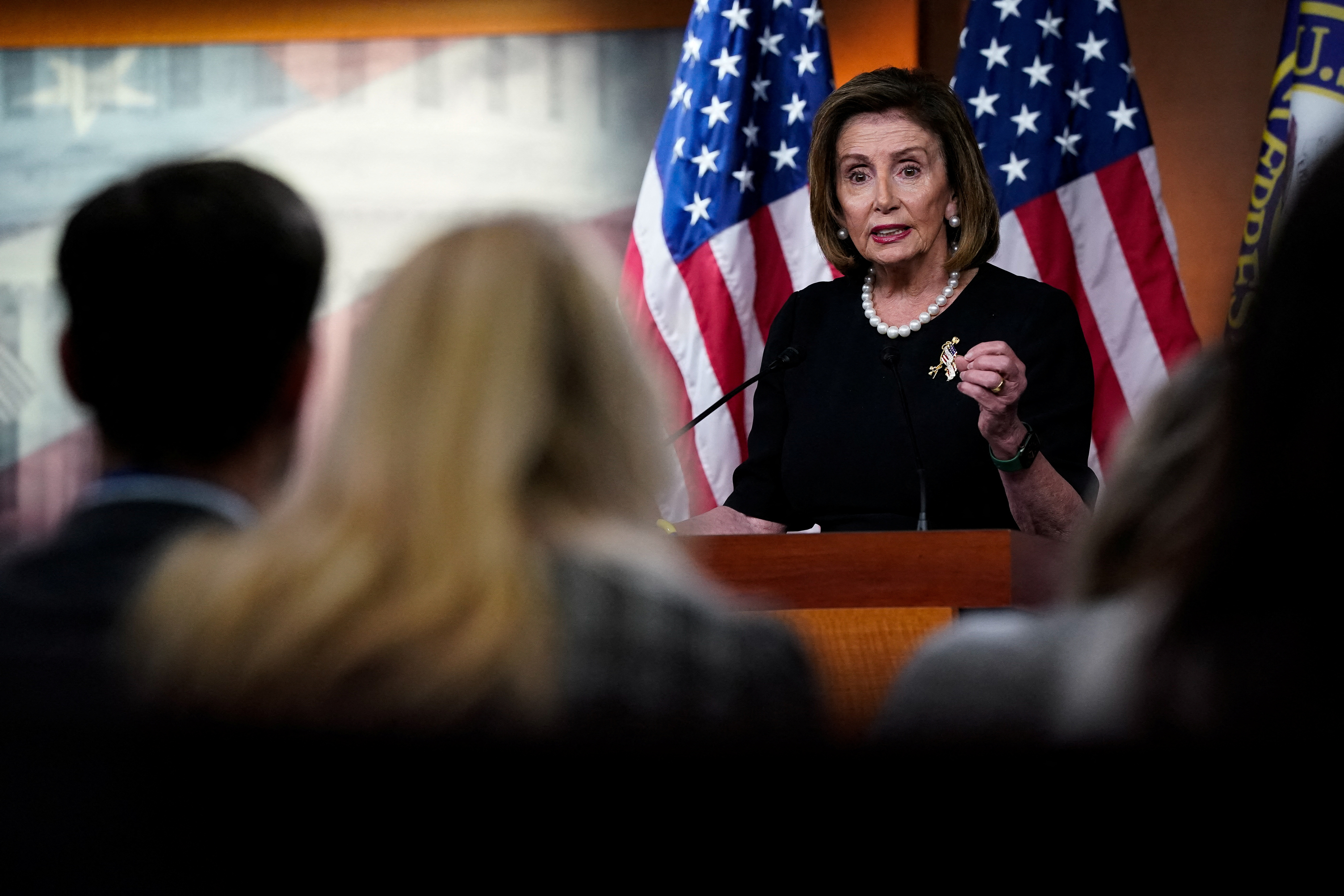

SPEAKS FOR ITSELF.
By Paul Krugman
Opinion Columnist
Sign up for the Paul Krugman newsletter, for Times subscribers only. A guide to U.S. politics and the economy — from the mainstream to the wonkish. Get it in your inbox.
Until just the other day, Republicans and conservative media loved, just loved talking about the price of gasoline. Indeed, “Remember how cheap gas used to be under Trump?” became a sort of all-purpose answer to everything. Is there now overwhelming evidence that the former president conspired in a violent attempt to overthrow the 2020 election? “Real America doesn’t care about the January 6th Committee. Gas is over $5 a gallon!” declared Representative Jim Jordan.
But now gas prices are falling. They’re down more than 50 cents a gallon at the pump; wholesale prices, whose changes normally show up later in retail prices, are down even more, suggesting that prices will keep falling for at least the next few weeks. And there’s a palpable sense of panic on Fox News, which has been reduced to whining about how the White House is taking a “victory lap.”
Actually, from what I can see, Biden administration officials are being remarkably restrained in pointing out the good news (which is probably a result of a slowing global economy). The larger point, however, is that Republican politicians’ focus on gas prices is profoundly stupid. And if it’s coming back to bite them, that’s just poetic justice.
Why is focusing on gas prices stupid? Let me count the ways.
First, while presidential policy can have big effects on many things, the cost of filling your gas tank isn’t one of them. For the most part, gasoline prices reflect the price of crude oil — and crude prices are set on world markets, which is one reason inflation has soared around the world, not just in the United States. Government spending in the Biden administration’s early months may have contributed to overall U.S. inflation — we can argue about how much — but has hardly anything to do with gas prices.
Second, while gas was indeed cheap in 2020, it was cheap for a very bad reason: Global demand for oil was depressed because the world economy was reeling from the effects of the Covid-19
pandemic.
Third, even before the pandemic struck, gas prices were unsustainably low.
Little-known fact: Prices at the pump plunged during President Barack Obama’s second term, falling from about $3.70 a gallon in mid-2014 — around $4.50 in 2022 dollars — to $2.23 on the eve of the 2016 election. News reports at the time marveled at Obama’s diffidence about claiming credit.
What happened? Mostly a boom in fracking, which increased U.S. oil production so much that it drove prices down around the world. As it turned out, however, that production boom didn’t make financial sense. Energy companies borrowed huge sums to invest in new drilling but never generated enough revenue to justify the cost. The fracking industry lost hundreds of billions even before the pandemic struck.
So high gas prices weren’t President Biden’s fault, and given the disappearance of the forces that used to keep gas cheap, it’s hard to think of any policy — short of creating a global depression — that would bring prices down to $2 a gallon, or even $3 a gallon. Not that Republicans are offering any real policy proposals anyway.
Editors’ Picks
The Case for Being TouchedVibrators, Weed, Plants: What Can You Take on a Plane?You Might Be a Hall of Famer, but Do You Have a Statue?
Continue reading the main story
But the G.O.P. nonetheless went for the cheap shot of trying to make the midterm elections largely about prices at the pump. And this focus on gas is now giving the party a bellyache, as gas prices come down.
It is, after all, hard to spend month after month insisting that Biden deserves all the blame for rising gas prices, then deny him any credit when they come down. The usual suspects are, of course, trying, but it’s not likely to go well.
Some right-wing commentators are trying to pivot to a longer view, pointing out that gas prices are still much higher than they were in 2020. This happens to be true. But so much of their messaging has depended on voter amnesia — on their supporters not remembering what was really going on in 2020 — that I have my doubts about how effective this line will be.
More broadly, many Wall Street analysts expect to see a sharp drop in inflation over the next few months, reflecting multiple factors, from falling used car prices to declining shipping costs, not just gas prices. Market expectations of near-term inflation have come way down.
If the analysts and the markets are right, we’re probably headed for a period in which inflation headlines are better than the true state of affairs; it’s not clear whether underlying inflation has come down much, if at all. But that’s not an argument Republicans, who have done all they can to dumb down the inflation debate, are well placed to make.
This has obvious implications for the midterm elections. Republicans have been counting on inflation to give them a huge victory, despite having offered no explanation of what they’d do about it. But if you look at the generic ballot — which probably doesn’t yet reflect falling gas prices — rather than Biden’s approval rating, the midterms look surprisingly competitive.
Maybe real Americans do care about violent attacks on democracy, overturning Roe v. Wade and so on after all.
If we continue to get good news on inflation, November may look very different from what everyone has been expecting.


